Irena Orska
Nacimiento : 1915-10-12, Kraków, małopolskie, Polska
Muerte : 2004-02-13

Wanda
A young doctor has been assigned to a hospital in the provinces, in the lakes district of northern Poland. The area is a playground with hunting lodges for the priviledged, the local politicians cover up any leaks to the public. The doctor discovers a case of drunken driving but is silenced by blackmail in the court. He tries to fight back but has a love affair with the unfaithful wife of the town's Mayor.

matka Wiesławy
"The Dancing Hawk" refers to the son of a peasant who senses he can climb to the job in troubled times by playing his cards right. His slavery to work match his ambitions, and gradually he reaches the social position he desires. But the costs have included a dehumanized soul and a loss of a moral conscience. People have had to pay for his advancement, including those nearest to him. The downfall is equally painful: either imprisonment or the easy wasy out are offered as the alternatives.

matka sekretarza
The young Kuriata takes the position of the secretary of the City Committee in Grodów, where a corrupt clique ruled for many years. Kuriata begins to introduce competent people to managerial functions, which is enthusiastically received by workers who want changes for the better.

Pawlakowa, gospodyni Heli w Lublinie
Small Polish village straight after WWII. Young man Zenek injured and awarded with Cross of Valour during partisan fight is torn between staying loyal to his partisan comrades (continuing their fight) and his own beliefs.
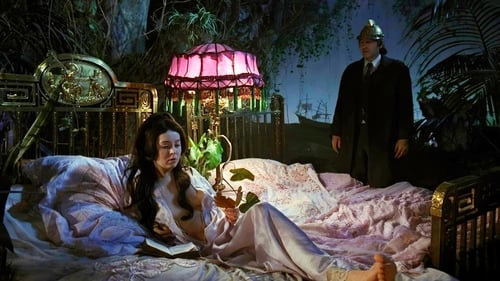
Józef's Mother
Joseph se dirige a visitar a su padre moribundo en un tren donde tanto el paisaje a través de las ventanas como los pasajeros, en aparente trance, y el propio estado del vehículo conforman un escenario que escapa a la razón. Sensación que se mantiene tras la llegada al sanatorio en el que está ingresado su padre, pues la curiosa estructura del edificio unida a su decadencia extrema no se ajusta a las expectativas concebidas sobre instalaciones dedicadas al cuidado de la salud. Tampoco le tranquiliza la conversación con el médico que atiende a su padre. Los métodos que dice emplear se asemejan a las fantasías de un lunático.
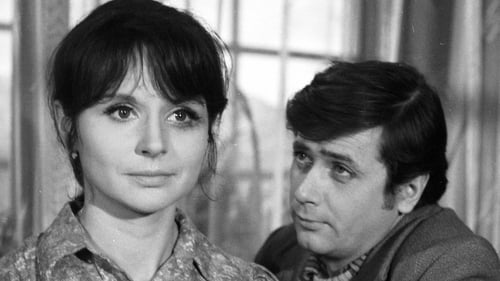
właścicielka pensjonatu
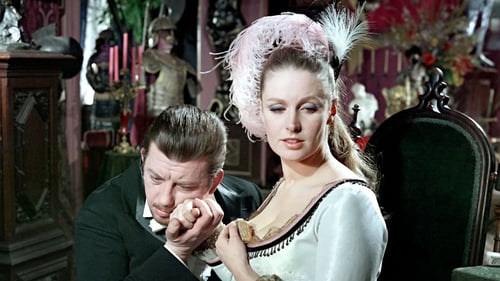
Set in the 19th century Warsaw. The indolence of aristocrats who, secure with their pensions, are too lazy to undertake new business risks, frustrates Wokulski. His ability to make money is respected but his lack of family and social rank is condescended to. Because of his "help" (in secret) to "the doll's" impecunious but influential father, the girl becomes aware of his affection.

profesorowa Maria Janicka
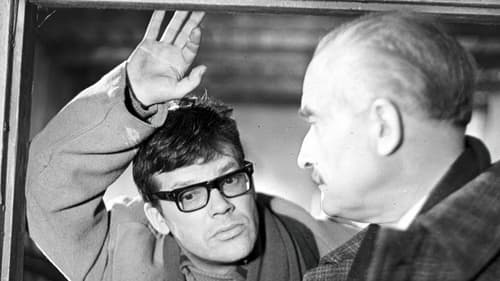
sąsiadka
A father searches for his son, who has been missing since WW II, in post-war Poland. In his quest for the truth about his son, the father is forced to contemplate the elusive and coded nature of truth itself.

Marysia Majchrowska (segment 2)
Tres episodios separados, todos basados en artículos de revistas, centrados en retratar la realidad de vivir en la Polonia de los sesenta.
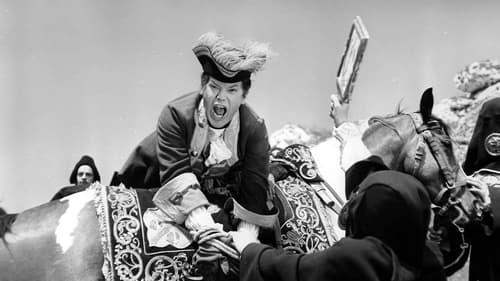
Duegna
Durante el asedio a Zaragoza, un general francés descubre un extraño manuscrito que, al ser leído, le transporta a una España surrealista en la que los espíritus de unos bandidos ahorcados, bajo la apariencia de hermosas huríes, se dedican a seducir y atrapar en los laberintos del tiempo a todo viajero extraviado que ose adentrarse en sus dominios.
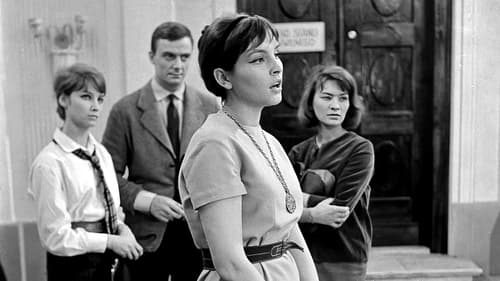
Zofia Kaliszewska, matka Joanny [epizod 2]
Three short segments about love.

Editor at the radio studio
An actress travels from Warsaw to Paris and during the trip reflects on the last few years of her life. It goes back to the German occupation and her hiding of a fellow actor who has supposedly killed a collaborator.

uczestniczka przyjęcia w Dębach (uncredited)
Instead of coming to her own engagement party, Joanna throws herself into New Year's Eve partying. Her fiancé follows her lead.
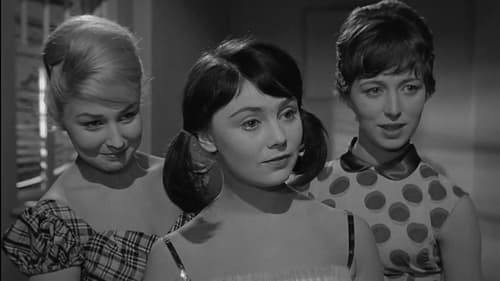
kuzynka Magdaleny
An actress visits her hometown to attend the funeral of her grandfather. She realizes that the places and people from her past differ from her cherished memories.
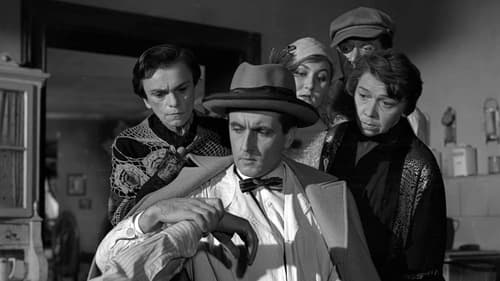
Mrs. Bove
A subjective adaptation of a well-known autobiographical novel by Zbigniew Unilowski (screenplay by Wojciech Jerzy Has with dialogues by Stanislaw Dygat). The adventures of the tenants of a sublet room in a Warsaw townhouse inhabited mostly by students and novice writers, presented against the social context of the 1930s.












